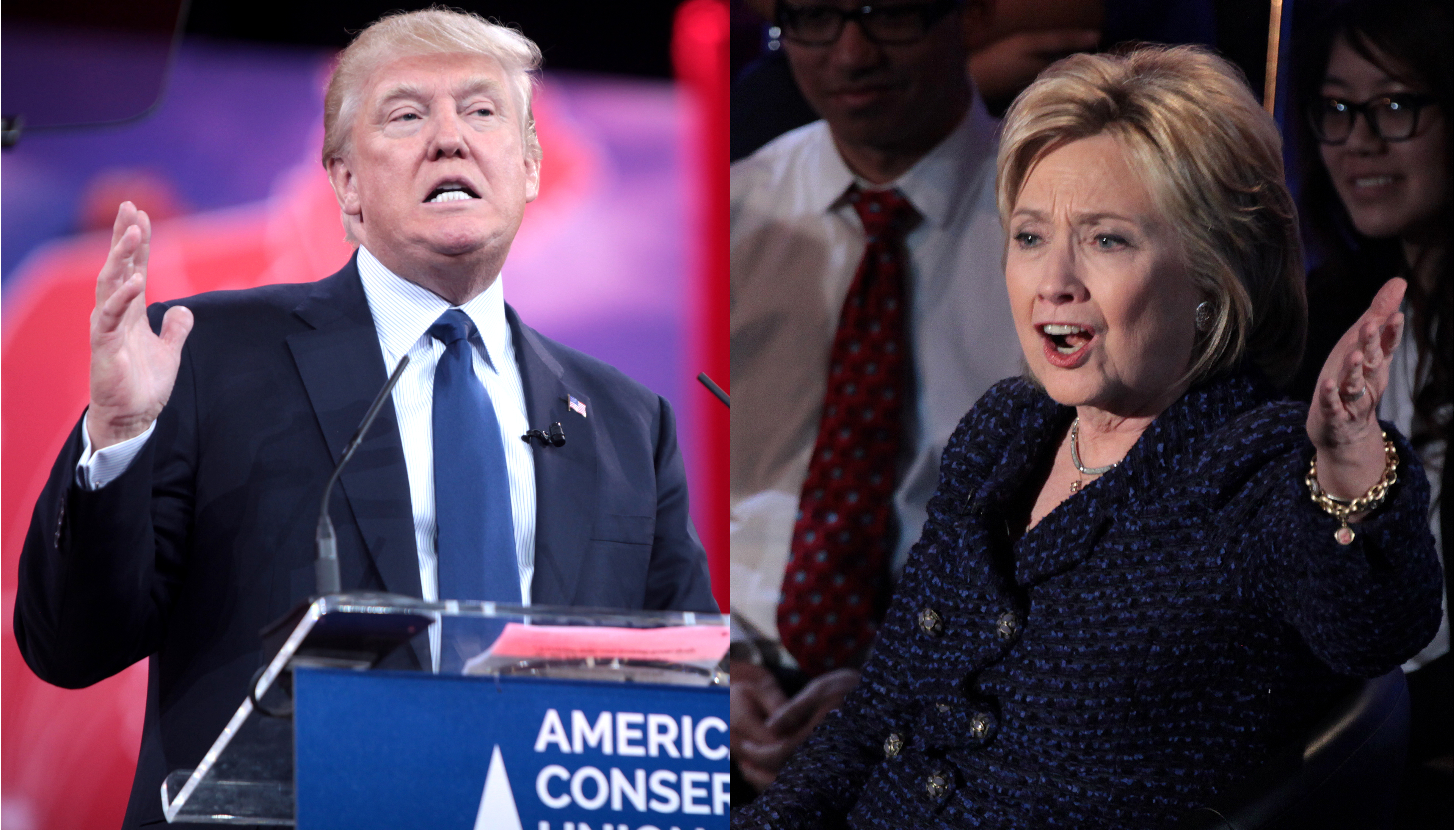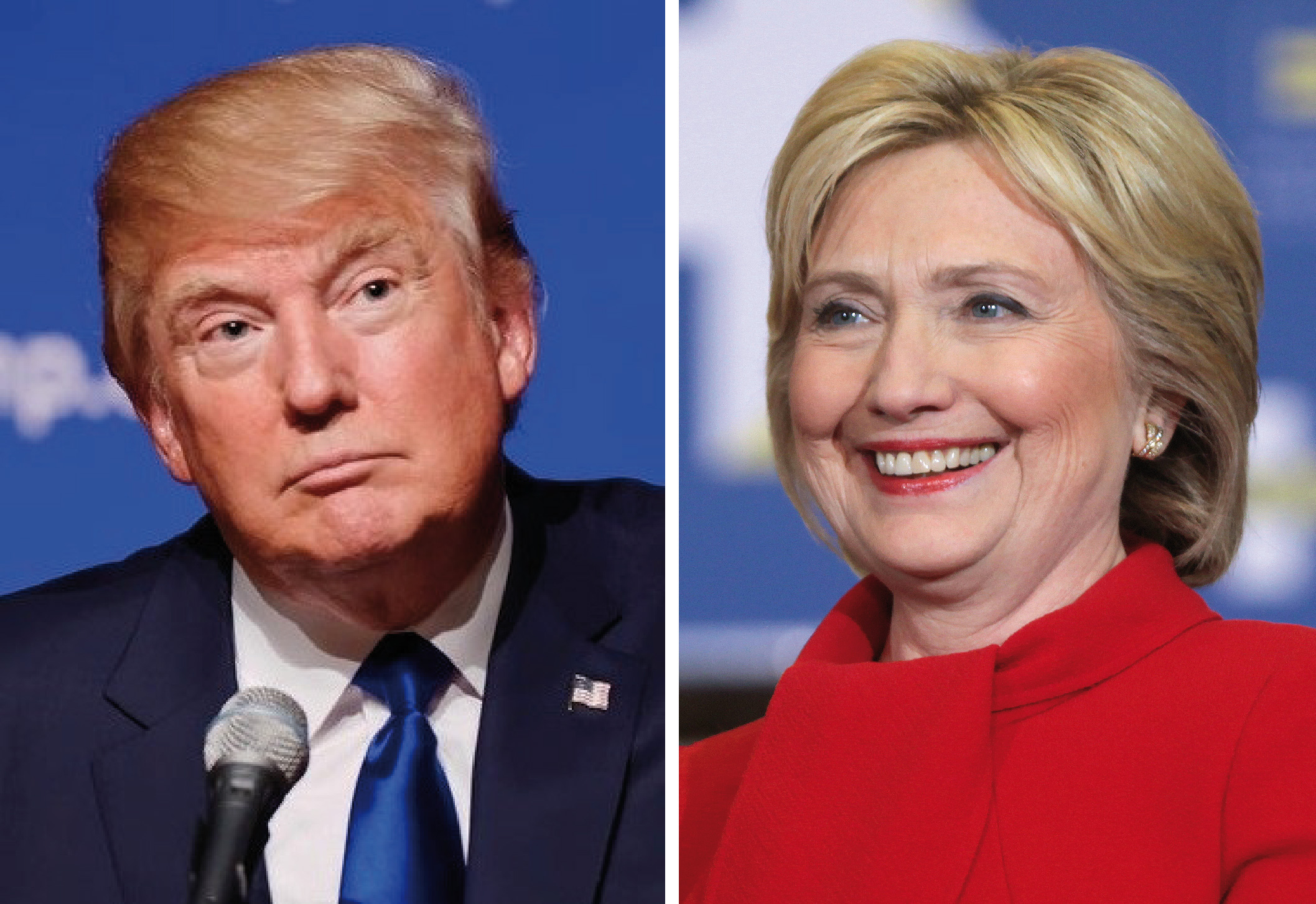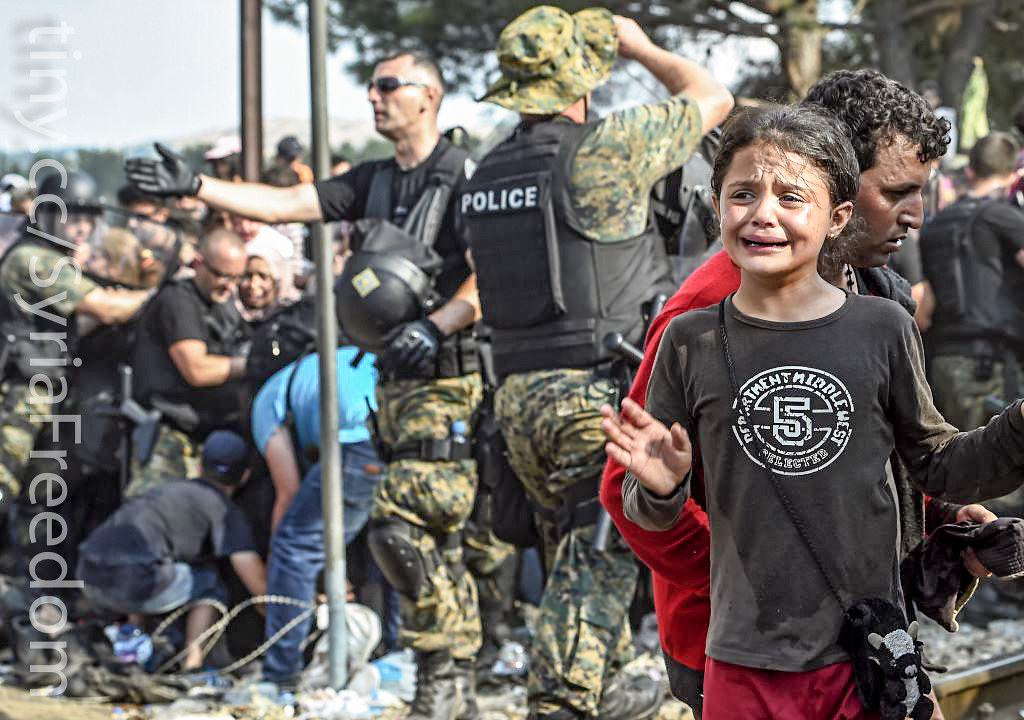What Was Really Being Said at the First Presidential Debate?
 https://upload.wikimedia.org/wikipedia/commons/b/ba/Donald_Trump_and_Hillary_Clinton_during_United_States_presidential_election_2016.jpg
https://upload.wikimedia.org/wikipedia/commons/b/ba/Donald_Trump_and_Hillary_Clinton_during_United_States_presidential_election_2016.jpg
On September 26th, Hillary Clinton and Donald Trump took the stage at Hofstra University to begin the widely anticipated first presidential debate. A great deal can be learned not just from the specifics of what these two individuals said, but also how they behaved and held themselves over the course of the debate. Their actions, in addition to their policies, are indicators of the presidential futures that they may have.

Over the course of the debate Trump did speak more (8,455 words) than Clinton (6,119 words), but only a third of his words were used to address the questions asked of him. On the other side, about half of Clinton’s words were used in order to directly respond to the questions. To build on this, Clinton’s sentences were longer, having an average of 15.8 words, whereas Trump’s sentences had an average of 13.8 words. Quality matters more than quantity when it comes to what is being said by the President of the United States and Clinton was able to say more with less.
Dominance in conversation should not be the goal of the executive, rather it should be to create constructive dialogue that serves a purpose. The conversation in international affairs and diplomacy must be dynamic and responsive, not one-sided, as talks at this level require the input of various people and representatives. If Trump cannot create this type of environment with one person, he cannot be expected to do this with the leaders and representatives of the 195 independent states in the world today.

Clinton’s statements were statistically more focused and concentrated, taking up less time, making her arguments efficient and effective. Another dimension that makes her side of the debate even more powerful concerns the Flesch-Kincaid readability tests. This measures the complexity or difficulty level of a reading passage, and reveals that Hillary scored a 7.2 compared to Trump’s 6.4, meaning that her language was of a higher level. Hillary’s more sophisticated language is a vital asset for any leader to have when engaging and interacting with others at that level. This language displays professionalism and knowledge that contribute to a strong reputation for the user. Reputation is increasingly important in a world where growth, success, and vitality are constantly being questioned.
Beyond the ability to maintain relevant and intelligible speech, another important aspect of the debate that stood out was the behaviour displayed by both individuals. Over the course of the debate, there were 84 total interruptions from Clinton, Trump, and Lester Holt together. Trump’s interruptions accounted for around 65% of the total, as he had 55 recorded interruptions. Clinton, with 11, was only responsible for 13% of the total interruptions, leaving Holt with 22%. Despite Trump’s attempt to manipulate the course of the debate in his desired direction, he was not able to stay on topic with efficient and coherent statements.
This behaviour matters because it reflects an ability to take part constructively in a hostile environment. This is an essential quality because the world is becoming exceedingly more connected each day due to the effects of globalization and modernization. This phenomenon can be viewed in a very positive manner, but unfortunately this inter-connectedness is also producing a plethora of dilemmas that are unprecedented in their complexity and difficulty to solve. International terrorism and militant groups are growing and expanding their spheres of influence beyond the borders of their origins. The notion of state sovereignty, which has been the quintessence of the international framework ever since the Peace of Westphalia, is being eroded as intervention becomes more normalized. The polarity of the international system is shifting for the first time since the fall of bipolarity after the Cold War and the collapse of the Soviet bloc. The world is facing the worst refugee crisis since World War II with ongoing conflict in Syria and South Sudan. Borders are dissolving, territory is blurring, and in an anarchic system, there is no higher power or authority that can change it. Any change, whether positive or negative, will be brought about by governments and, more importantly, the individuals that comprise them as well as lead them. Individuals from different governments cannot recede behind their borders because these borders are disappearing. Interaction is inevitable and when it happens, cooperation, not domination, will at least give the world a chance to fix itself and adjust to the rising challenges that currently overwhelm it.

The Presidential debate is not intended to be a zero-sum fight. The purpose is not to win, but instead to formulate a dialogue that allows for issues and possible solutions to be addressed. This is the very process that goes into global conversation about peace treaties, armistice agreements, and international coalitions. Those negotiations and processes require the same abilities and skills that an individual needs to be successful in the presidential debates: efficient speech, relevant speech, displays of knowledge, and the ability to cooperate regardless of division. This cooperation does not necessarily mean agreeing on the same solutions or the same ends, but rather the simple acknowledgment of others’ views and the willingness to discuss them. Trump was not able to exemplify those characteristics in the debate. Clinton was able to maintain the professional composure, efficiency, and basic agreement to disagree.
Trump uttered 8,455 words and only a third were on topic, which is 2,818.3 words. His sentence length average of 15.8 words gives him around 178.4 relevant sentences. One fact checking source found 34 comments by Trump that were either lies or misstatements. Even if his false comments were only a sentence long, this still leaves him with only 144.4 sentences that were truthful and to the point out of an average of 535 sentences he spoke during the debate. The United States cannot rely on an individual that does what they are supposed to do only 27% of the time and in that time still fails to cooperate. The United States and the global community require leaders who maintain stamina and composure in the face of hostility. In the presidential debate, Trump was not able to achieve this. If he was not able to do this after 90 minutes in a situation with a magnitude far less than that of the international stage he most definitely would not be able to last for four years and succeed in that time.
